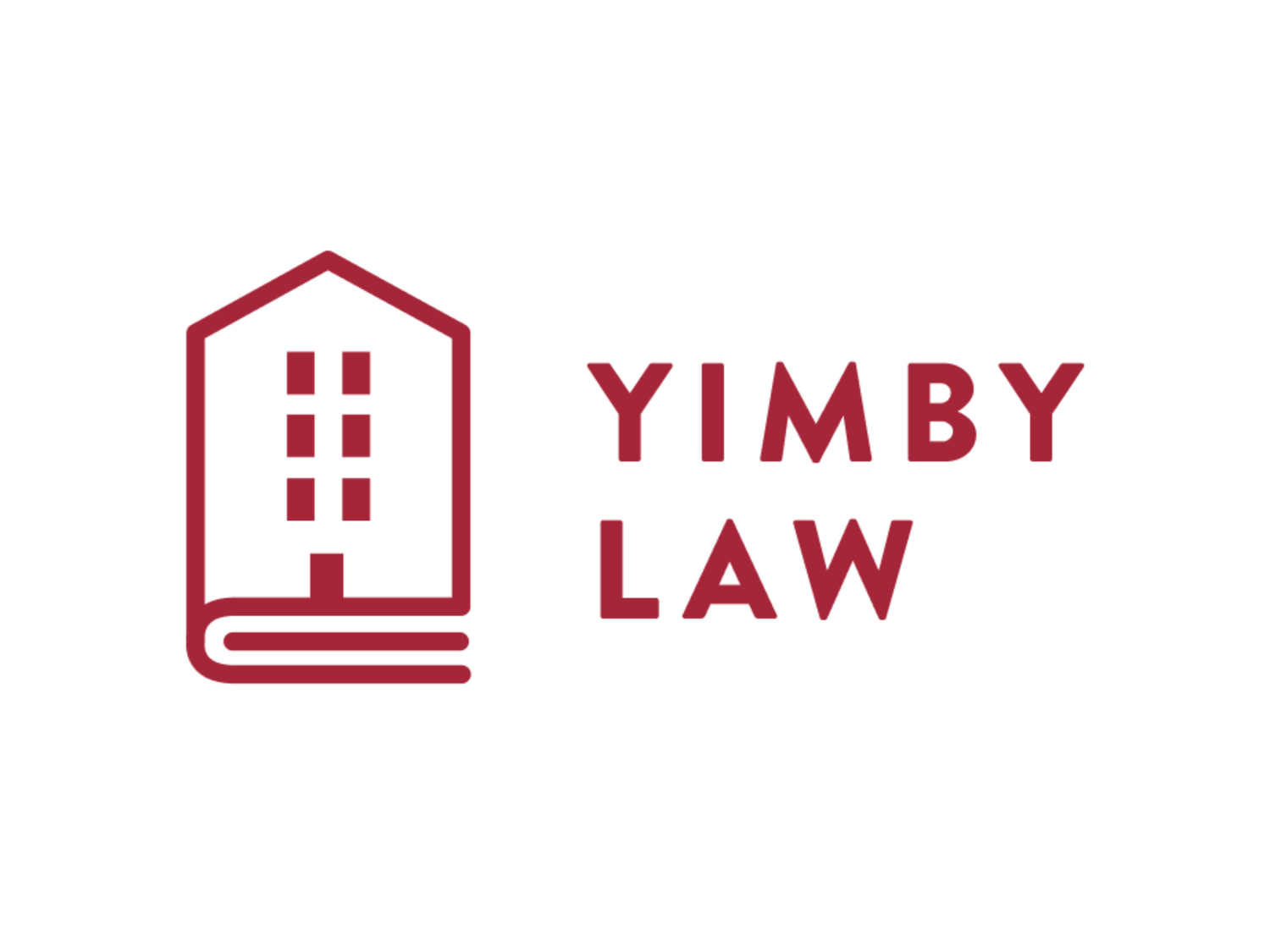What Good Is the Law If It Makes People Homeless?
/I’m posting from the hip after relocating from Los Angeles to Phoenix to Tucson to Berkeley over the last week. Got to visit old friends and their new kids, but little time to write a blog post. Hashtag, nomad life. Buckle in.
property rights are for everyone
Last week, I wrote that property law should be intuitive. Let’s explore this theme a little further.
Many of us share an intuition that people should be free to do what they want, short of harming others. Outside the specific context of housing, I’m not interested in what’s “harm” and what’s not. Whatever “harm” is, most people don’t—shouldn’t—care about things that don’t cause it.
In legalese, there’s a fancy Latin phrase for this concept: “sic utere tuo ut alienum non laedas.” (E.g., Vill. of Euclid v. Ambler Realty Co. (1926) 272 U.S. 365, 387; Green v. Gen. Petrol. Corp. (1928) 205 Cal. 328, 335.) I don’t know Latin, and I don’t know what this literally means. But Lexis can identify 1,154 appellate cases that quote it, and I’d wager it’s in most property-law textbooks. In lay terms, it means you can do what you want, as long as you don’t harm others.
Legally, home is a place where the law especially presumes that you can do what you want, and don’t harm others. We all live somewhere. This is why American law confers special legal protections on the home. At common law, “burglary” was specifically defined as breaking and entering someone else’s home. The Fourth Amendment specifically prohibits unreasonable searches and seizures of people’s “houses.” The Internal Revenue Code provides many tax benefits to homeowners. “In our tradition, the State is not omnipresent in the home.” (Lawrence v. Texas (2003) 539 U.S. 558, 562.) Shelter is a human need, and it’s humane to protect people in their homes.
We don’t have to have tent cities. We just tolerate the policies that cause them. Though we still honor the home in some legal contexts, zoning law treats it as a special privilege rather than an equal right. This is new: the government hasn’t always suppressed the supply of housing. Plenty of civilizations, including America, have managed to house substantially all of their citizens. There’s no inherent reason home prices should outpace median income, as they have over the last generation.
Zoning Isn’t God’s Will
I talk to a lot of housing activists, and a common theme I notice is acquiescence in zoning law. It’s the playing field today, but we don’t have to accept it. Over and over, I hear questions about whether it’s legal for cities to impose x constraint on y-sized parcels in z zoning districts. (Often, the questions necessitate more prepositional phrases and abstractions than that.) The questions I want to hear are about why it’s legal to prohibit home construction at all.
No one would accept the premise of modern zoning as applied to any other basic human need. If the government made people choose between buying a single-family home barrel of apples or no home apples at all, there would be riots. This is exactly what minimum lot-size regulations do. And yet we tolerate a rigged housing “market” that does cause mass homelessness, and would cause mass starvation if applied to the grocery market.
A legal regime that impedes homefulness, without a clear health-and-safety reason, is illegitimate. Neighbors aren’t nuisances. I just spent a month living down the street from Skid Row; don’t talk to me about “the blessings of quiet seclusion” unless you own a secluded ranch. (Contra Vill. of Belle Terre v. Boraas (1974) 416 U.S. 1, 9.) We’ve inherited a regime that privileges legacy homeowners to ban other people’s homes. This regime is immoral, and it’s our duty to dismantle it.

